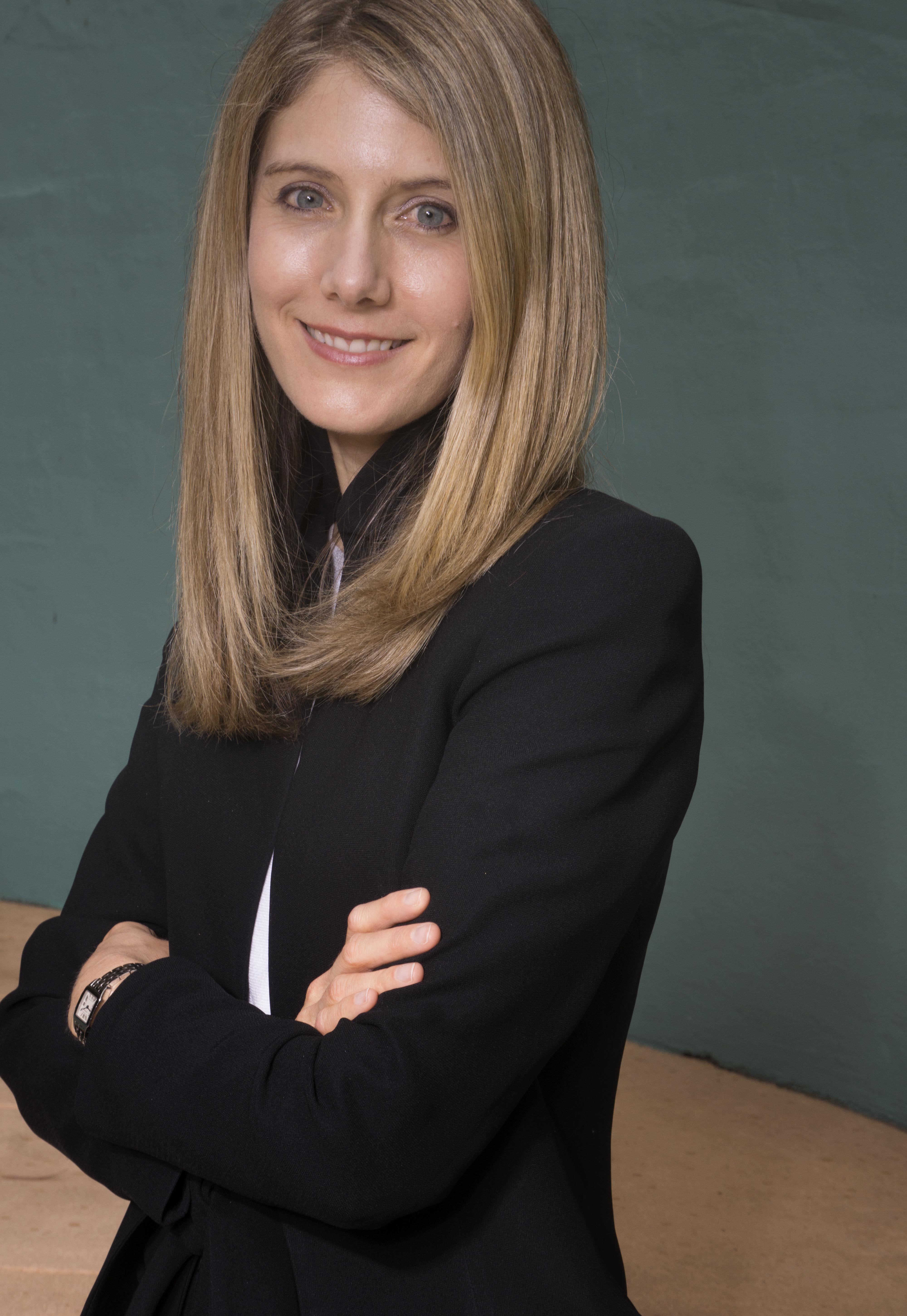Professor Jane McAdam awarded prestigious international human rights prize
The Director of the Andrew & Renata Kaldor Centre for International Refugee Law at UNSW, Scientia Professor Jane McAdam, is the first Australian to be awarded the prestigious Calouste Gulbenkian Prize.


 The Director of the Kaldor Centre, Scientia Professor Jane McAdam, has received the
The Director of the Kaldor Centre, Scientia Professor Jane McAdam, has received the